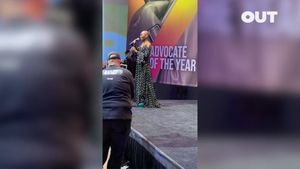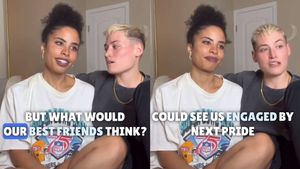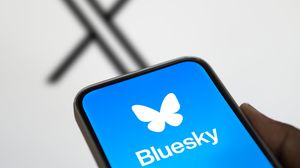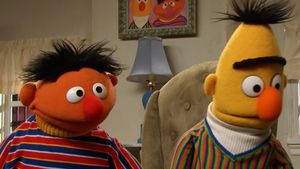Two studies
published Thursday in The New England Journal of Medicine show that
Bristol-Myers Squibb's new drug Baraclude (entecavir)
is more effective against hepatitis B than
GlaxoSmithKline's Epivir (lamivudine). The two drugs are
among five approved for hepatitis B treatment in the
United States.
In an editorial
accompanying the studies, Jay Hoofnagle of the National
Institute of Diabetes and Digestive and Kidney Diseases
wrote, "Entecavir seems to be an outstanding agent for
treating chronic hepatitis B" due to its effectiveness
and the low rate at which the virus develops
resistance to it.
The researchers,
led by Ting-Tsung Chang of the National Cheng Kung
University Medical College in Taiwan, reported that 72% of
314 patients treated with entecavir experienced
improvement after 48 weeks of treatment. Only 62% of
314 lamivudine-treated patients showed improvement in
the same time period. In the entecavir group, 67% of
patients achieved an undetectable level of hepatitis B
virus particles; 35% of the lamivudine patients
achieved undetectable levels.
"Perhaps the most
promising aspect of entecavir therapy has been the low
rate of antiviral resistance," Hoofnagle wrote. After four
years of lamivudine therapy, 70% to 80% of patients
develop resistance to the drug. However, Hoofnagle
warned that treatment can still be complicated because
"it is still unclear who should be treated, with which agent
(or combination of agents), for how long," and how best to
monitor patients. In addition, he wrote, "Once
treatment with oral antiviral agents has begun, it is
difficult to stop" since the virus tends to rebound
when therapy is halted.
Bristol-Myers
Squibb, entecavir's maker, funded the study. In the United
States, a month's supply of 0.5-milligram entecavir tablets
costs about $650, which is four times the cost of
lamivudine.
Hepatitis B is a
common sexually transmitted disease among gay men.
Although vaccines exist to prevent both hepatitis A and B
infections, the Gay and Lesbian Medical Association
says fewer than half of sexually active gay men have
received the vaccines. (Reuters, with additional
reporting by Advocate.com)

















































































